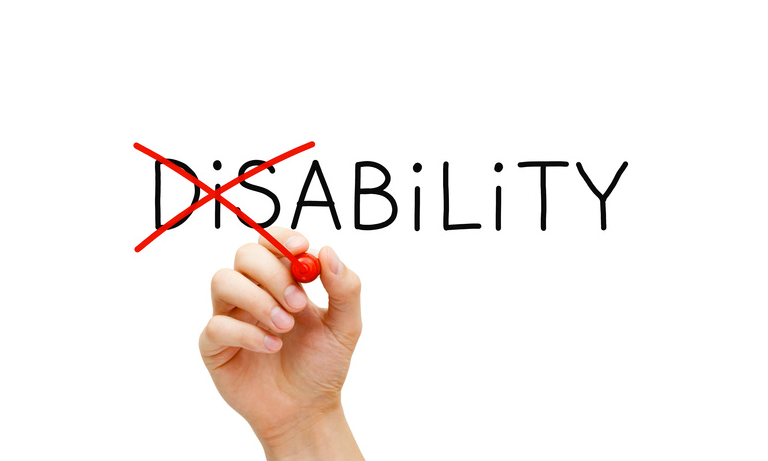
Five years ago, new legislation regarding employing people with a disability came into law; however, it does not appear to have worked as well as expected. There are approximately 4.6 million people with physical or mental health problems out of work and the government has recognised that the legislation fails both the individual and the economy. There is a need for change and the goal is to tighten the 33-percentage point gap by at least half this figure; in real terms, this equates to about one million people.
To make this a reality, current employment rules require significant reform. The work, health and disability green paper framework states that disability should not be a barrier to or influence on an individual’s working or personal life and makes provision for statutory sick pay to be examined, including the handing over of doctors’ notes to be shared with other medical experts to better assess the situation. The plan also allows for the creation of a Disability Confident business group to work with officials to help an increasing number of people with disabilities – primarily with mental and musculoskeletal issues – to return to work.
The green paper also seeks to encourage businesses to increase the recruitment of employees with a disability. There are many benefits to this, with one of the prominent reasons being to give those with disabilities more opportunities and therefore make them feel better physically, mentally and socially. Research proves that people living with regular working patterns have greater wellbeing and a happier mind.
The advantages are not limited solely to the employees, as there are also benefits for the employer. Disabled people can be just as dedicated to their job and loyal to their company as those without mental or physical constraints.
There are also side benefits that are specific and may not be automatically present with an able-bodied employee. One example is British Sign Language, whereby employing a diverse range of personnel can help to serve a broader range of customers and demonstrates the business’s fairness in its recruitment and personnel practices.
Employers will be provided with a wide range of information to provide a better understanding of disability and how to recruit and support these individuals once they are hired. The changes companies must make to accommodate disabled people are few and inexpensive; meanwhile, the cost of keeping them engaged can be more effective than recruiting and training a new able-bodied person. It is important that businesses understand how to utilise disabled people’s knowledge to use their full potential and assist them in realising their ambition.
The green paper’s new plan and personal package are designed to help to change attitudes and turn the emphasis onto what people with disabilities can undertake. New experts from Jobcentres, the NHS and volunteer work programmes all have a role to play and can contribute to the success of supporting those in employment and protecting those who are unable to work.
Join Over 40,000 Recruiters. Get our latest articles weekly, all FREE – SEND ME ARTICLES
Recruiters love this COMPLETE set of Accredited Recruitment & HR Training – View Training Brochure








